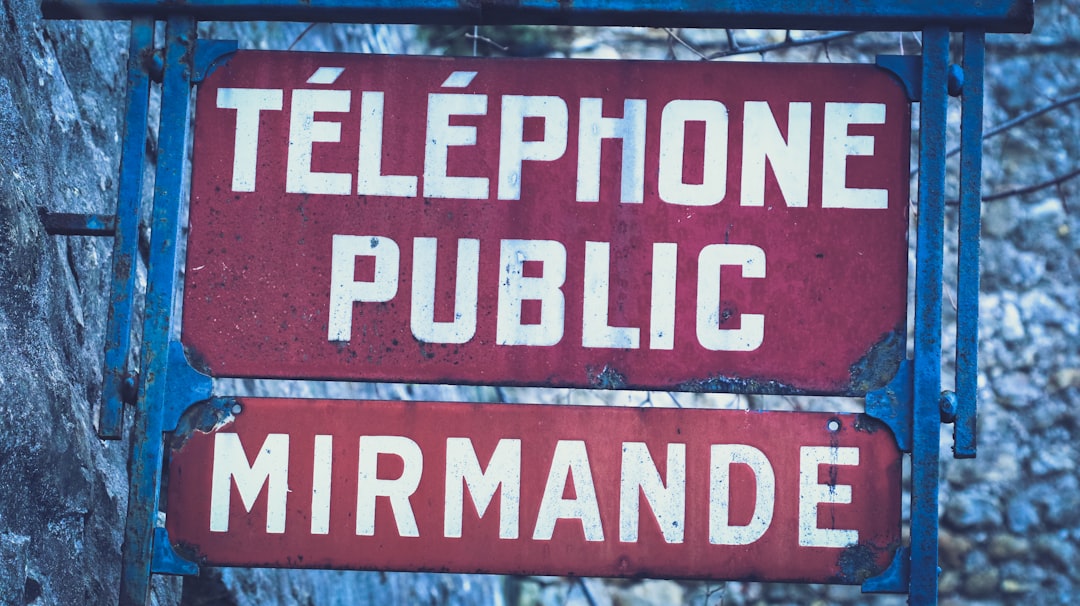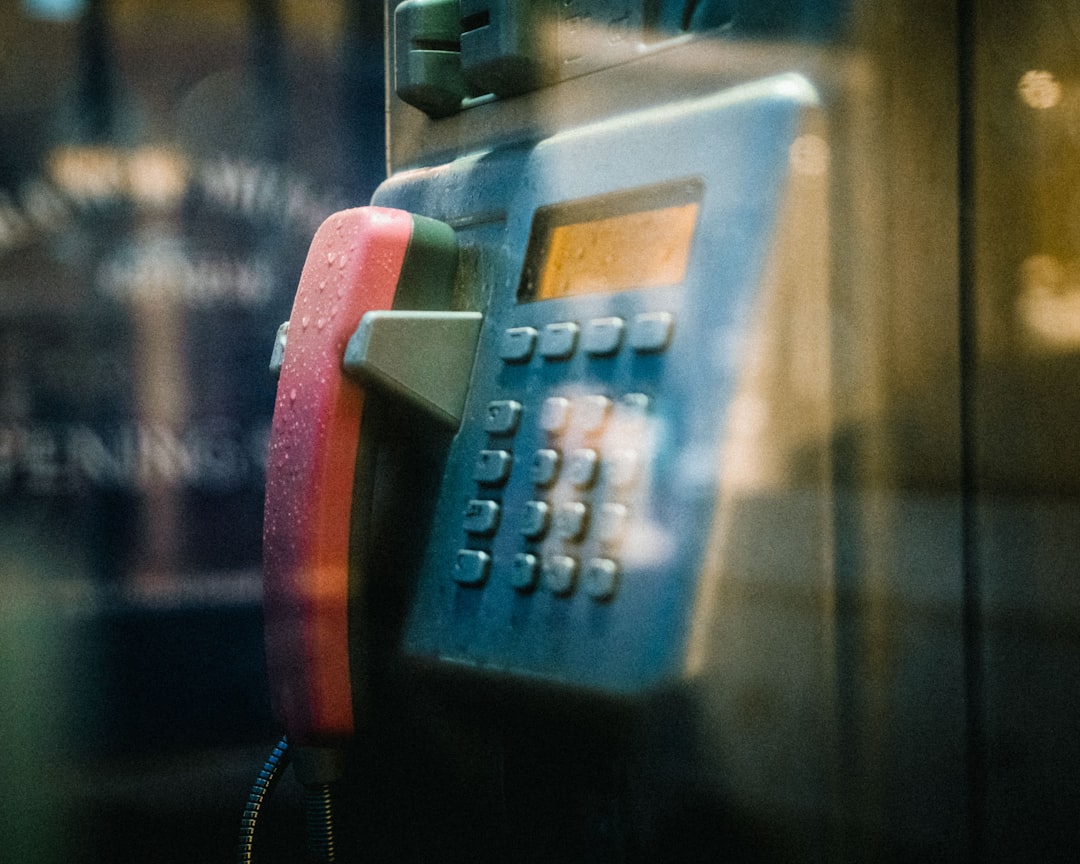Text message scams in Maryland, facilitated by telecom infrastructure, involve automated messages from scammers impersonating organizations. Maryland has robust Anti-Spam Call laws, including Do Not Call protections. Residents advised to block automated calls, report incidents to law enforcement, and consult robocall lawyers for legal action against offenders. Specialized legal professionals can guide on consent, damages, and complaint filing under state spam call regulations.
In today’s digital age, Maryland residents are increasingly targeted by text message scams, often referred to as robocalls. These automated messages can be a nuisance and even pose significant risks, from identity theft to financial loss. Understanding the tactics behind these scams is crucial to protecting yourself. This article guides you through Maryland’s anti-spam laws, offers strategies for reporting unwanted texts, explores legal recourse for victims, and highlights the role of Do Not Call lists in consumer protection, empowering you with knowledge to tackle robocall lawyer issues effectively as a resident of Maryland.
Understanding Text Message Scams in Maryland
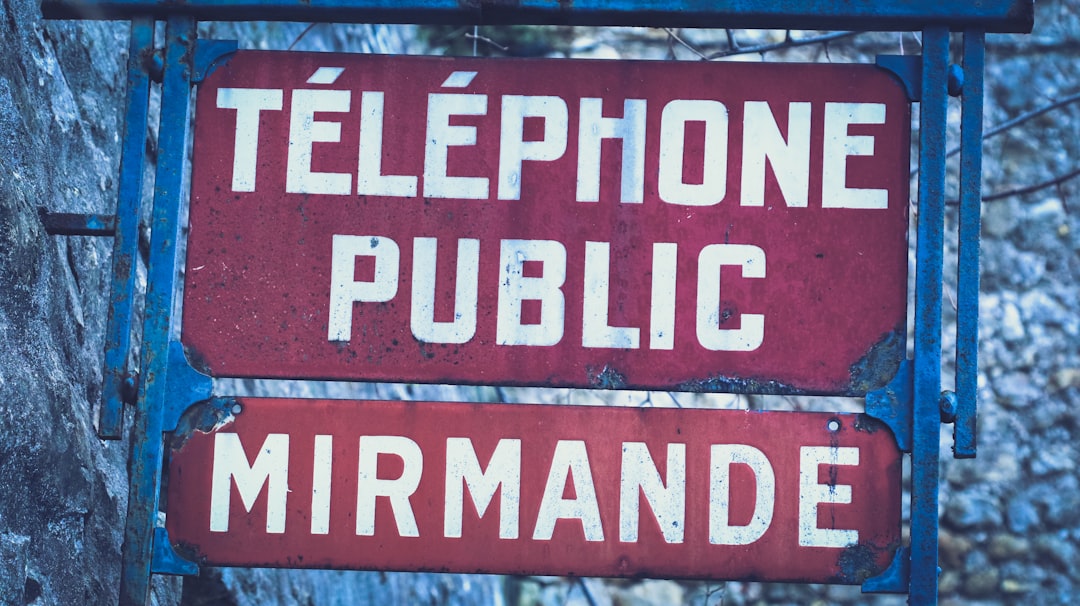
In Maryland, text message scams have become an increasingly prevalent and concerning issue for residents. These fraudulent schemes often take the form of unsolicited and unwanted text messages, commonly known as robocalls or spam calls. Scammers use automated technology to send mass texts promoting illegal services, offering false prizes, or attempting to deceive recipients into providing personal information. The state’s robust telecommunications infrastructure, while convenient, has inadvertently facilitated these deceptive practices.
Maryland residents may encounter various types of text message scams, each with its own insidious intent. Scammers target individuals by posing as legitimate organizations or government agencies, claiming prize winnings, or offering low-interest loans. They may even impersonate local law enforcement to intimidate victims into complying with their demands. Understanding these tactics is the first step in protecting oneself from such frauds. Maryland residents are encouraged to be vigilant and cautious when receiving unknown text messages, especially those demanding immediate action or containing suspicious links. Consulting a robocall lawyer or spam call attorney in Maryland can provide legal guidance and help individuals navigate their rights under the state’s Do Not Call laws and relevant regulations.
Maryland's Anti-Spam Call Laws and Regulations

Maryland has implemented comprehensive Anti-Spam Call laws and regulations to protect its residents from intrusive and deceptive robocalls and text messages. These laws are designed to give Marylanders control over their communication channels, ensuring peace of mind when it comes to unwanted marketing and telemarketing calls. The state’s Do Not Call law prohibits businesses from making automated or prerecorded telephone calls to individuals who have registered on the state’s Do Not Call list. This list allows residents to opt-out of receiving such calls, including those from robocall lawyers or attorneys in Maryland.
Moreover, the laws specifically target spam text messages and robocalls, empowering individuals to take legal action against perpetrators. If you’ve received unwanted texts or calls from robocall law firms or any other entities, it’s advisable to consult a robocall lawyer in Maryland. These legal professionals can guide residents on their rights and help them navigate the appropriate course of action under the state’s spam call laws, ensuring that Marylanders are protected from such fraudulent activities.
Reporting Unwanted Texts to Law Enforcement

In the face of increasing text message scams, Maryland residents have a powerful tool at their disposal: reporting these unwanted and often fraudulent messages to law enforcement. If you’ve received a robocall or spam text, don’t simply ignore it; take action by documenting the details such as the sender’s phone number and any suspicious content. Many local law enforcement agencies in Maryland have dedicated units or processes for handling consumer complaints related to telemarketing fraud and spam calls. Reporting these incidents not only helps protect yourself but also contributes to a broader effort to hold scammers accountable.
Seeking legal assistance is another effective step you can take. Consider reaching out to a robocall lawyer or spam call attorney in Maryland who specializes in these areas. These legal professionals can guide you on your rights under the state’s robocall laws, which include provisions for Do Not Call lists and penalties for violators. A law firm focused on unwanted texts in Maryland can help you navigate the legal system and ensure that your rights are protected, especially if you’ve suffered financial losses or experienced a violation of your personal privacy due to these fraudulent messages.
Legal Recourse for Robocall Victims in MD
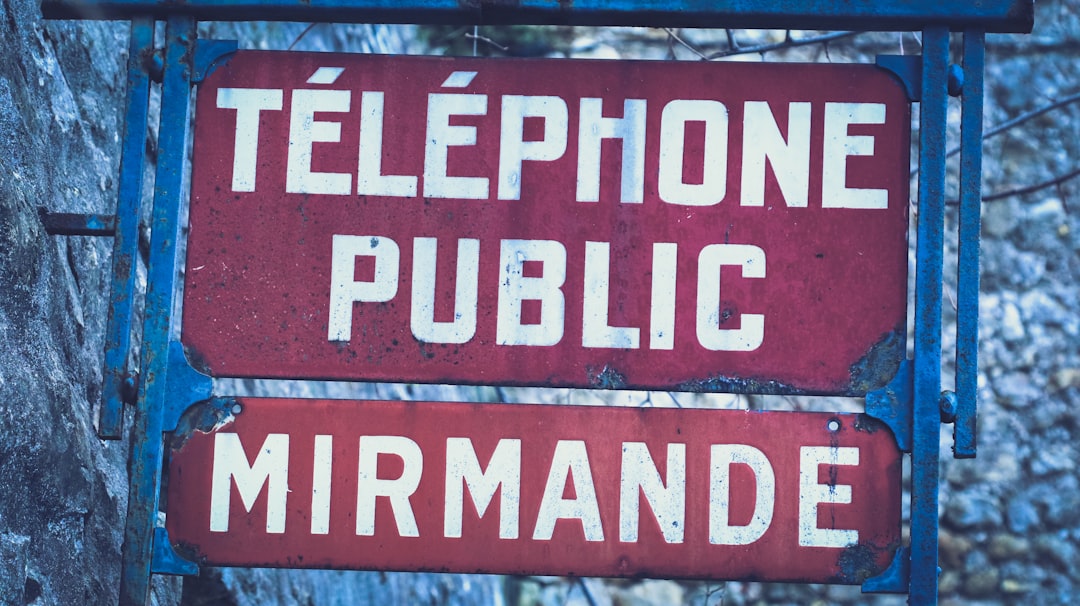
If you’ve received an overwhelming number of automated or spam text messages in Maryland, you may have grounds to take legal action. The state has strict regulations in place to protect residents from unsolicited and unwanted robocalls and texts, known as the Maryland Do Not Call Law. This law prohibits businesses from making automated telemarketing calls or sending text messages to numbers on a “Do Not Call” registry without prior express consent.
Victims of these scams can seek legal recourse by consulting with a robocall lawyer in Maryland. These attorneys specialize in navigating the state’s spam call laws and can help you understand your rights. A robocall attorney in Maryland can file a complaint against the offending company, seek damages for any financial loss incurred due to the scam, and ensure that similar incidents don’t occur in the future. Don’t hesitate to reach out to a reputable law firm specializing in robocall cases if you’ve been targeted by these deceptive practices.
Do Not Call Lists and Consumer Protection
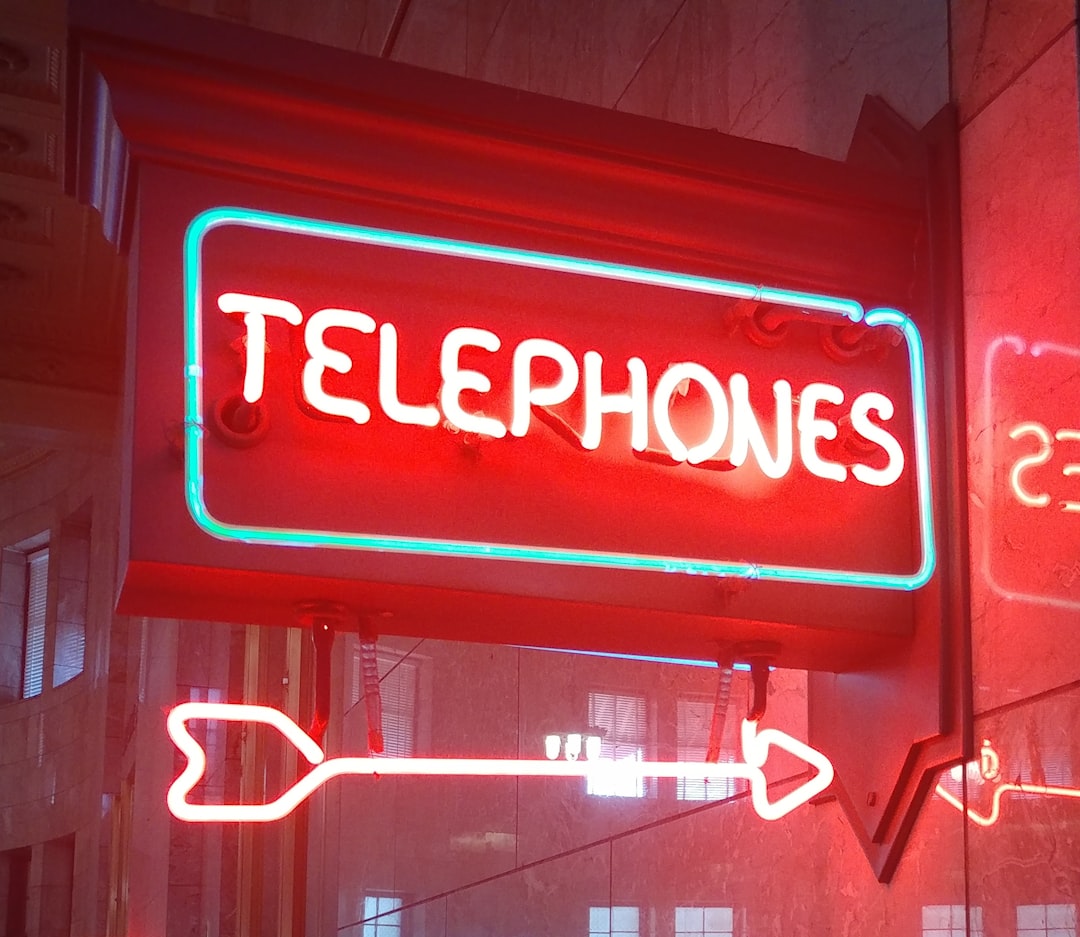
In Maryland, residents have a powerful tool at their disposal to combat unwanted text message scams and robocalls – Do Not Call Lists (DNCL). These lists are designed to protect consumers from unsolicited marketing calls, including those that can be particularly annoying or even harmful via text messaging. By registering their phone numbers on the DNCL, Marylanders can rest assured that they won’t receive automated or prerecorded messages from telemarketers.
Additionally, strict laws are in place to enforce consumer protection against spam calls. A robocall lawyer or attorney specializing in this area in Maryland can help residents understand and navigate these regulations, offering legal counsel on how to deal with unwanted texts. Such professionals can guide individuals through the process of filing complaints, seeking damages, or taking legal action against companies engaging in deceptive practices, ensuring that Maryland residents’ rights are protected under the state’s Spam Call laws and Do Not Call regulations.
